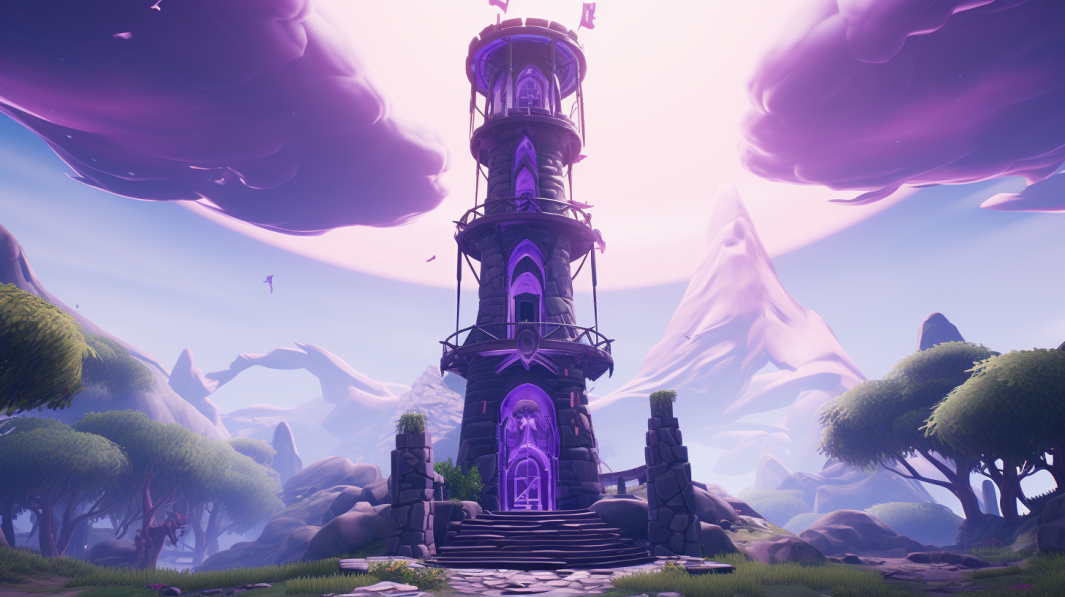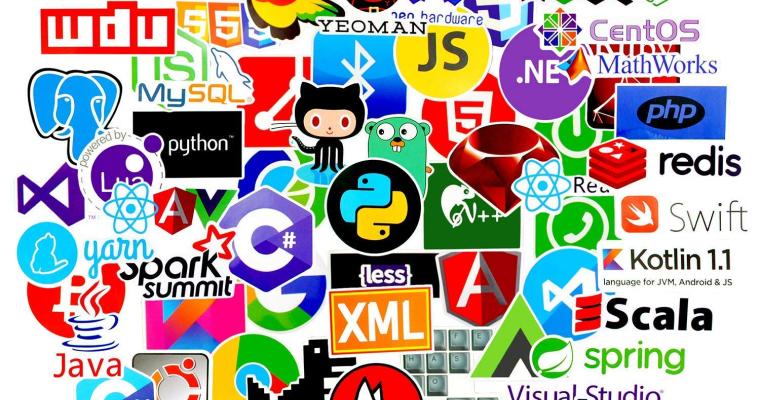The field of 3D game development has grown at an incredible pace in recent years, driven by player demand for immersive experiences, cinematic visuals, and interactive storytelling. Developers now need tools that can handle not just graphics, but also gameplay mechanics, cross-platform deployment, and optimization. Among these tools, Unreal Engine, created by Epic Games, continues to stand out as one of the most advanced and widely adopted solutions.

This article explores the capabilities of Unreal Engine, compares it with leading alternatives like Unity, CryEngine, and Godot, and explains why it has become a go-to platform for many 3D game development companies. We’ll also cover feature comparisons, pricing models, platform support, and examples of real games built with these engines.
Unreal Engine in 3D Game Development
Unreal Engine, developed by Epic Games, is one of the most complete environments for designing, developing, and deploying 3D games. It has become a trusted choice across indie studios and AAA publishers because it balances ease of use with powerful professional features.
Why Unreal Engine is Popular
-
User-friendly tools – Developers can build complex mechanics without writing a line of code using Blueprint Visual Scripting.
-
Cutting-edge graphics – Unreal consistently pushes the limits of rendering, lighting, and photorealism.
-
Full production pipeline – From 3D game art and 3D modeling to publishing and porting, everything can be done in one engine.
-
Cross-platform support – Developers can target PC, consoles, mobile devices, AR, and VR simultaneously.
In short, Unreal Engine makes the game development process more efficient by combining art, design, coding, and optimization under one ecosystem.
Examples of Games Built with Unreal Engine
Some of the most successful games of the last decade were powered by Unreal Engine:
-
Fortnite – Epic’s own global hit, known for its fast-paced battle royale gameplay and unique building mechanics.
-
Gears of War – A legendary third-person shooter series recognized for its gritty action and cinematic game quality.
-
Rocket League – An innovative mix of racing and soccer, where rocket-powered cars compete to score goals.
These examples show Unreal’s flexibility: it can deliver high-speed action, narrative-driven epics, or unique gameplay formats.
Unreal Engine for Game Development Companies
Many 3D game development companies specialize in Unreal Engine because of its versatility and scalability. Such companies typically offer services like:
-
Full-cycle game development – From concept to deployment.
-
3D art and animation – Leveraging Unreal’s advanced rendering.
-
Game porting – Migrating existing titles into Unreal to upgrade visuals and expand platform reach.
-
VR and AR experiences – Unreal Engine is one of the leaders in immersive tech support.
For developers and studios alike, the ability to prototype quickly, leverage ready-made assets from the Unreal Marketplace, and publish across multiple platforms saves time and cost.
Competitors in 3D Game Development
Although Unreal Engine leads in many areas, other engines have carved out their own strong positions.
Unity
-
Known for ease of use and strong support for both 2D and 3D projects.
-
Offers a wide asset store and massive community.
-
Popular for mobile and indie projects due to lower system requirements.
CryEngine
-
Famous for realistic lighting and high-fidelity visuals.
-
Strong focus on large, open-world projects.
-
Used in AAA projects aiming for cinematic realism.
Godot
-
Open-source and free, with no licensing fees.
-
Lightweight and flexible, perfect for indie teams.
-
Uses its own scripting language (GDScript), designed for simplicity.
Each of these engines offers unique advantages, but Unreal Engine consistently remains a top choice for developers seeking next-level visuals and professional scalability.
Feature Comparison: Unreal Engine vs Competitors
| Features/Services | Unreal Engine | Unity | CryEngine | Godot |
|---|---|---|---|---|
| 3D Game Development Process | ✔️ Full pipeline from concept to launch | ✔️ Easy-to-use development workflow | ✔️ Focused on realistic visuals | ✔️ Flexible, indie-friendly |
| 3D Game Art | ✔️ Advanced rendering, huge material libraries | ✔️ Marketplace with quality assets | ✔️ Realistic lighting, high-fidelity graphics | ✔️ Node-based shaders and community assets |
| Game Design Tools | ✔️ Blueprint Visual Scripting + C++ | ✔️ C# scripting, documentation-rich | ✔️ World-building for realism | ✔️ GDScript, simple and intuitive |
| Full-Cycle Development | ✔️ Widely used by AAA and indie studios | ✔️ Common for mobile & PC projects | ✔️ Strong AAA track record | ✔️ Ideal for small teams |
| Game Porting | ✔️ Seamless multi-platform porting | ✔️ Multi-platform support | ✔️ Porting supported | ✔️ Lightweight migration tools |
| Community & Support | ✔️ Massive global community, tutorials | ✔️ Huge community, strong forums | ✔️ Niche but active support | ✔️ Helpful open-source community |
| Licensing | Free to start, 5% royalty after revenue threshold | Free + paid Pro subscriptions | Subscription-based | 100% free, open-source |
Platform Support & Integration
Game studios today rarely target a single platform. Cross-platform release is essential.
-
Unreal Engine – Supports PC, consoles, mobile devices, VR, and AR, with smooth porting. Integrates with industry tools like Maya, 3ds Max, and Photoshop.
-
Unity – Widely known for cross-platform deployment, including mobile-first development.
-
CryEngine – Supports PC and consoles, strong in high-end graphics, but less used in VR/AR.
-
Godot – Good for PC and mobile, still evolving for VR/AR integration.

Unreal and Unity dominate this category, especially for teams aiming for multi-platform AAA and indie projects.
Licensing and Pricing
Licensing is often a deciding factor for indie teams and startups.

-
Unreal Engine – Free to use. Developers pay 5% royalties only after crossing Epic’s revenue threshold (the “Epic Royalty Exemption”). Full feature set is available upfront at no cost.
-
Unity – Offers a free Personal edition and subscription-based Plus/Pro plans. Large studios may face royalty structures for high-revenue projects.
-
CryEngine – Subscription-based licensing, with access to full source code and updates. No royalty required.
-
Godot – Completely free and open-source, with no hidden costs.
This makes Unreal Engine highly attractive for both new and established studios—it gives developers enterprise-grade features at zero upfront cost.
Strengths That Keep Unreal Ahead
Even with strong competition, Unreal Engine has clear advantages:
-
Unmatched visual fidelity – Ideal for cinematic and AAA experiences.
-
Blueprints + C++ flexibility – Suits both beginners and advanced developers looking for a slot game engine.
-
Massive asset ecosystem – Unreal Marketplace helps reduce production costs.
-
Global adoption – Ensures compatibility with industry-standard pipelines and easy hiring of experienced talent.
What is Next?
Selecting the right 3D game engine depends on the scope of your project, your team’s expertise, and your budget.

-
Choose Unreal Engine if you want blockbuster-quality graphics, scalability, and cross-platform support.
-
Choose Unity if your project focuses on mobile, VR, or small-team accessibility.
-
Choose CryEngine if your goal is realistic visuals and AAA performance.
-
Choose Godot if you prefer a lightweight, cost-free option for indie or experimental projects.
The industry is evolving fast. New features, pricing models, and integrations will continue to shape how engines compete. Still, Unreal Engine remains one of the most powerful and future-ready platforms in 3D game development.
Author: Anastasia, SEO Writer EJaw Studios
Contact: LinkedIn | Telegram @Rubikon2727
For collaboration and questions: @Rubikon2727
This article was prepared with the help of AI, edited by the content team. We are always open to feedback — write to us on Telegram.








